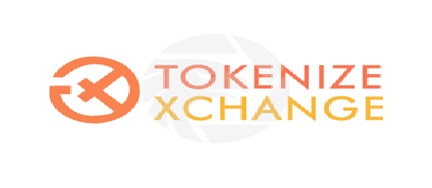
Regulatory arm of Financial Free zone ADGM tells registered companies in ADGM that they have to adhere to the AML ( Anti money laundering) TFS ( targeted Financial sanctions) legislations and policies of the UAE Federal government. What this means is that even if companies have registered in ADGM as offshore or freezone entities they will still be legally bound to the UAE AML/TFS legislations which also include virtual assets.
The FSRA announced these revisions that clarify the requirements that previously appeared in the AML Rulebook, reflecting the federal regulatory framework the UAE has put in place to combat money-laundering, the financing of terrorism and proliferation financing and ensure compliance with targeted financial sanctions. In particular, minor drafting changes have been made to the provisions relating to wire transfers in order to provide greater clarity that the FATF “Travel Rule” applies to Virtual Assets.
The revisions will be relevant to all firms subject to the provisions in the AML Rulebook, including authorized firms in the financial services sector and Designated Non-Financial Businesses and Professions.
The amended AML Rulebook, as per FSRA ( Financial Services and Regulatory Authority) of ADGM asserts that “ The AML Rulebook is made in recognition of the application of the Federal AML Legislation in the Abu Dhabi Global Market (“ADGM”) of the Federal AML Legislation. Nothing in the AML Rulebook affects the operation of Federal AML Legislation.”
A Relevant Person’s Governing Body is responsible for establishing, maintaining and monitoring the Relevant Person’s AML/TFS policies, procedures, systems and controls and compliance with applicable AML legislationthe AML Rulebook, the Financial Services and Markets Regulations 2015 (“FSMR”), and all applicable Federal AML Legislation.
The FSRA in its amended rule book clearly states, “ Federal AML Legislation applies in the ADGM.”
According to FSRA, the definition of Federal AML Legislation is broad. It includes all federal legislation as may be in force relating to money laundering, terrorist financing, proliferation financing, the financing of unlawful organizations and sanctions compliance including Targeted Financial Sanctions. Particular pieces of legislation to be aware of include:
(a) Federal Law No. (7) of 2014 regarding Combatting Terrorism Offences;
(b) Federal Decree Law No. (20) of 2018 on Anti-Money Laundering, Combatting the Financing of Terrorism and Financing of Illegal Organisations;
Cabinet Decision No. (10) of 2019 concerning the Implementing Regulation of Decree Law No. (20) of 2018;
(d) Cabinet Decision No. (74) of 2020 concerning the Terrorism Lists Regulation and Implementation of UN Security Council Resolutions on the Suppression and Combatting of Terrorism, Terrorist Financing, Countering the Proliferation of Weapons of Mass Destruction and its Financing and Relevant Resolutions.
In addition FSRA has made it clear that it will hold the governing body and senior management of a registered entity as responsible for compliance with AML rulebook.
FSRA adds, that the Regulator expects the RBA (Risk Based Approach) to determine the breadth and depth of the Customer Due Diligence (“CDD”).
The same regulations apply when it comes to Sanctions. These UNSC obligations Targeted Financial Sanctions (“TFS”) are Sanctions issued by the UNSC or the U.A.E. involving asset freezing and other financial prohibitions targeted at individuals, entities or groups with the aim of combatting terrorism and terrorist financing, and countering the proliferation of WMD.
This also applies for FATF.











